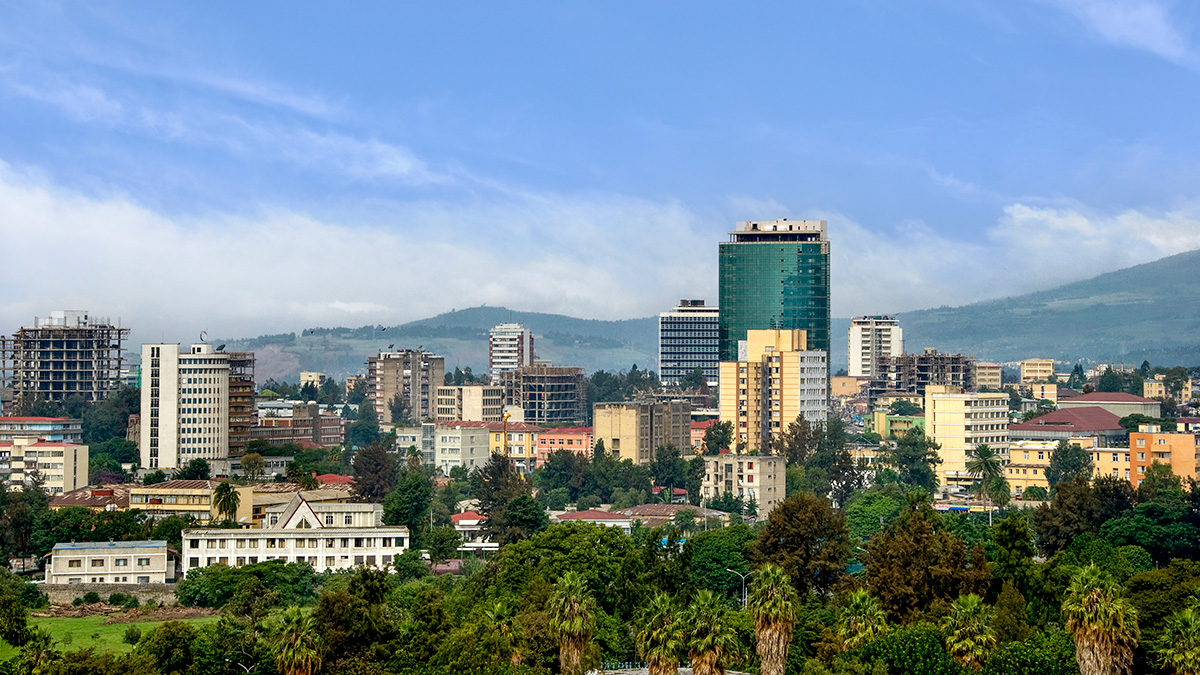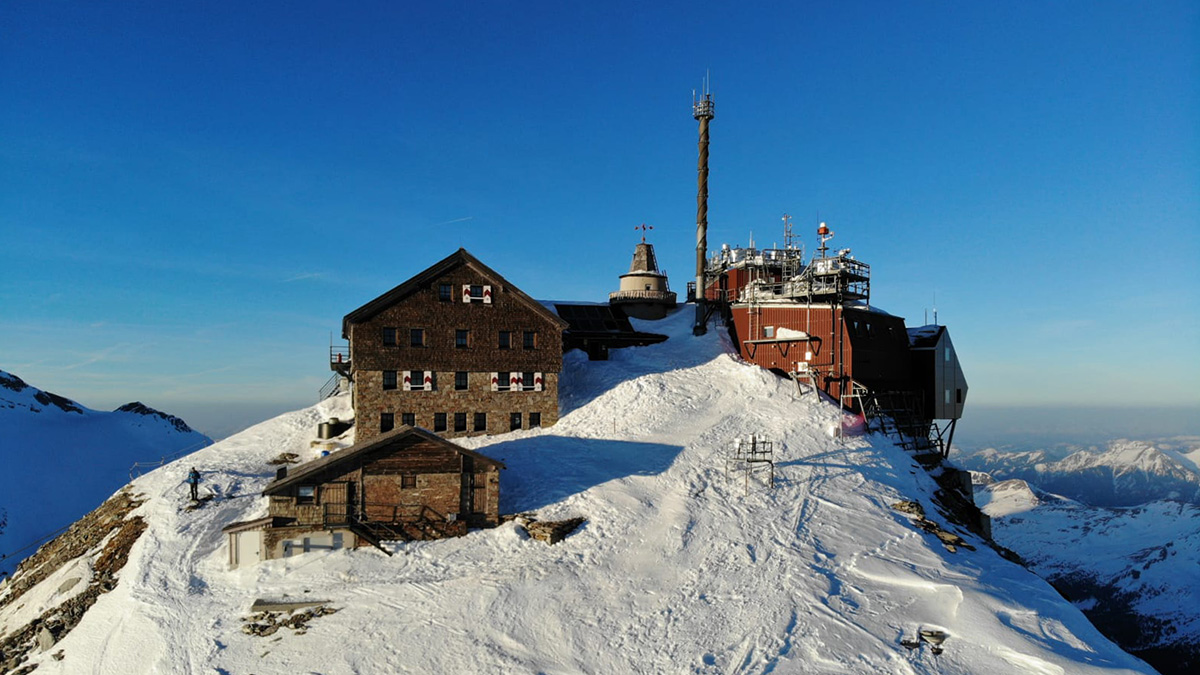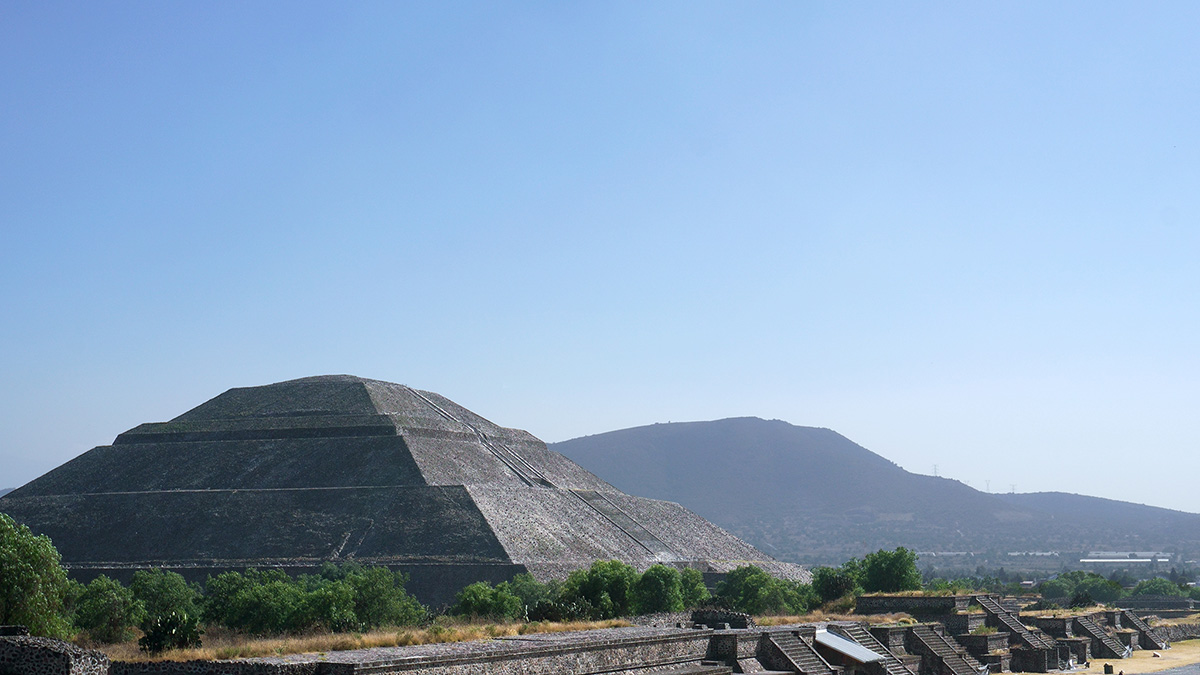Policymakers, industry and conservation professionals, and tribal members explore pathways to a sustainable future for the millions of people reliant on the “lifeblood of the American West.”
cities
Community Scientists Help to Beat the Heat
As cities face health threats from heat and air pollution—both expected to worsen from climate change—researchers pilot a community scientist effort to map air quality and improve urban health.
El granizo que colapsó a la Ciudad de México
Cuando una granizada intensa golpeó la capital de México la semana pasada, los ciudadanos se empezaron a preguntar si el cambio climático podría ser la causa. Pero, ¿es esa la pregunta que nos debemos hacer?
A Hail of a Night in Mexico
When a severe hailstorm hit Mexico’s capital last week, citizens began to wonder whether climate change could be the cause. But is that the right question to ask?
Climate Action Plans Tailored to Indian Cities
The plans identify localized vulnerabilities, as well as adaptations to climate change risks.
Estimando la frecuencia e intensidad las olas de calor: Un caso de estudio en Chicago
Modelado numérico mostró los impactos extendidos de la ola de calor del 2012 en Chicago, clarificando los impactos de la ola de calor y la isla de calor urbana en la temperatura de la ciudad.
New Hazard Exposure Model for Africa
The rapid pace of urbanization could encroach on hazard-prone regions without adequate land management and building design regulations, a new modeling project shows.
The Alps Are Dusted with Nanoplastics
A new study finds the lofted pollutants came from major European cities, but further study is required to fully understand the plastics’ transport and deposition processes.
Mapeando el pasado, presente y futuro de Teotihuacan
Un nuevo proyecto con tecnología lidar revela cómo la minería y la expansión urbana han puesto en riesgo a uno de los sitios del patrimonio cultural más icónicos de México.
Estimating Heat Wave Frequency and Strength: A Chicago Case Study
Numerical modeling shows widespread impacts of the 2012 Chicago heat wave, shedding light on heat wave and urban heat island impacts on the city’s temperature.










